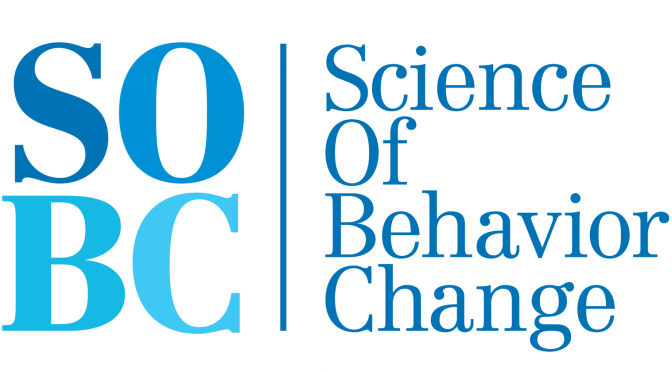
June 1, 2021 | Jeff Huffman, MD Presentation: Developing and Testing Positive Psychology-based Interventions to Promote Physical Activity
Co-hosted with Columbia Roybal Center for Fearless Behavior Change on June 1st at 3pm EST, Dr. Jeff Huffman will present on Developing and testing positive psychology-based interventions to promote physical activity.
To register: click here
Dr. Jeff Huffman is a Professor of Psychiatry at Harvard Medical School and the Director of the Cardiac Psychiatry Research Program. His work has focused on developing scalable clinical interventions to improve mental health and health behaviors in people with heart disease and related medical conditions. This includes developing a positive psychology-based intervention program to promote physical activity among patients with recent acute cardiac events and those with more chronic conditions. His work has led to more than 180 peer-reviewed publications, and he has received funding from multiple NIH institutes, the American Heart Association, the American Diabetes Association, and the Templeton Foundation.






